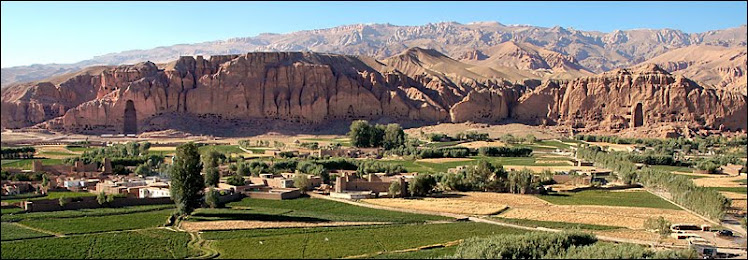Afghanistan's women wary as Taliban creeps back into political life
Omar Sobhani / Reuters file
Abdul Rahman Hotak gestures as he speaks during an interview in Kabul on July 1, 2013.
After the U.S.-led Operation Enduring Freedom toppled the militant Taliban regime 12 years ago, girls' schools reopened, burqas were no longer compulsory and many women went back to work. So when the Afghan government last week appointed a former Taliban official as a commissioner on the newly established independent human rights commission, many were shocked.
Abdul Rahman Hotak, nominated for the post by Afghan President Hamid Karzai, was the editor of Taliban newspaper "Afghan Sunrise" and worked for the group's education directorate during its rule – an alarming choice, some say, for someone tasked with championing the rights of women who were denied so many freedoms under the Taliban.
Hotak also opposes Karzai's proposed Elimination of Violence Against Women law (EVAW), which would make domestic and public violation against women punishable by law. Criticized for being un-Islamic, it has been languishing in Afghanistan's parliament since 2009.
"I want to help the women… I want to try to tell people that they are our mothers, our sisters, our daughters," Hotak told NBC News, claiming that he actually championed women's rights during the Taliban regime and asked them to allow girls to go to school.
He said his ideas and politics were not in line with the Taliban's and that he was compelled to work for them because there was "no other option when there is a government like that."
Shah Marai / AFP - Getty Images file
Shukria Barakzai speaks in Kabul in a photo from 2010.
Nonetheless, his appointment does not sit well with some.
"We need the human rights commissioner to be independent and we ask the president to rethink his choice … It is not a good choice for an ex-Taliban to be in this role," said Shukria Barakzai, a member of parliament who hopes to run for president in next year's election.
Barakzai, known as "the woman feared by both NATO and the Taliban" for her outspoken views, has been fighting for women's rights for years.
She believes promoting people like Hotak gives the Taliban and other conservative groups a "green light" to strike political deals that would hold women back further – deals designed to make peace more attractive to Taliban leaders. "They will not join forces but they will benefit from each other," she said.
"All these years it is not only the Taliban who have been problematic for women's rights but equally the government, members of parliament and the legislative committee," Barakzai said.
Just this past May, conservatives in parliament surreptitiously removed a law which stipulated there should be at least 25 percent female representation in the upper house. Female politicians fought to have the law reinstated when they discovered the move. A spokesman at the presidential palace would not comment but said the reinstatement was waiting to be approved by the upper house and the president.
Additionally, in 2012 Karzai endorsed a "code of conduct" law that protects men from being prosecuted for rape within a marriage, and allows husbands to beat their wives under certain circumstances.
"The government and the Taliban have a shared view when it comes to women," Barakzai said.
However, after facing years of hurdles, Barakzai now welcomes the Taliban in Afghan politics. "I just don't want to see any more violence – that is why I would rather have the Taliban in parliament. It is the only way to end the killing." She believes if the Taliban were part of the government, they would be forced to follow the law and adopt democracy. They would have to put an end to their violent principles, she says.
"The only difference between the Taliban then and the Taliban now is that they no longer wear turbans, but are dressed in smart suits. However the principles are the same as before," she said. "But we will civilize them."
For some, like student Halima Rashidi, it doesn't matter who is in charge – the outcome is all that matters.
"I don't think that only people who are in the government right now can change the future of women. A Taliban or mujahedeen can also do that, too. It is not important for me who is running the show but I need protection and my rights, peace and security and a better future."

No comments:
Post a Comment